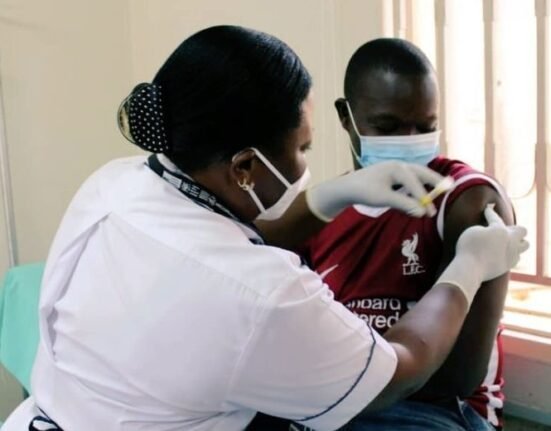HQ Team
March 29, 2024: Bristol Myers Squibb’s final stage clinical trials for its Zeposia oral drug, to treat moderate to severe Crohn’s disease in adults, have failed to meet the goal of clinical remission.
The phase-3 multi-centre trials enrolled 600 patients each — one group of patients with Crohn’s disease and another with a placebo.
The primary endpoint of the studies was to achieve a proportion of patients with a Crohn’s Disease Activity Index score of less than 150.
The co-primary endpoints of the study were the proportion of patients with a score of less than 150 and the proportion of patients with a Simple Endoscopic Score for Crohn’s disease score falling from a baseline of at least 50%.
Lymphocyte migration
Zeposia (ozanimod) is a sphingosine 1-phosphate (S1P) receptor modulator that binds with high affinity to S1P receptors 1 and 5.
It blocks the capacity of lymphocytes to egress from lymph nodes, reducing the number of lymphocytes in peripheral blood.
“The mechanism by which Zeposia exerts therapeutic effects in Crohn’s disease is unknown but may involve the reduction of lymphocyte migration into the gut,” according to a Bristol statement.
The drug is approved in numerous countries around the world for the treatment of adults with relapsing forms of multiple sclerosis and adults with moderately to severely active ulcerative colitis.
‘Disappointed’
“The safety profile of Zeposia in this study was consistent with that observed in previously reported trials. The company will complete a full evaluation of the trial data and work with investigators to share the results with the scientific community in the future.”
“To date, no S1P modulator has shown an effect in a Phase 3 trial in Crohn’s disease, where a high unmet medical need remains for new therapies that offer more patients relief from symptoms and the potential for remission,” said Roland Chen, MD, senior vice president and head, Immunology, Cardiovascular and Neuroscience development, Bristol Myers Squibb.
“While we are disappointed that the primary endpoint was not reached in this first induction trial, we are committed to driving transformative science on behalf of individuals with immune-mediated diseases.”
Crohn’s disease is a chronic inflammatory bowel disease (IBD) affecting the digestive tract. It results in the swelling or inflammation of the intestines, which may result in permanent damage and impact everyday life during disease flares.
Colorectal cancer
It is estimated that approximately 12.6 million people worldwide have IBD.
For many patients, Crohn’s disease occurs in the colon or the third segment of the small intestine, the ileum, but may occur in any part of the intestinal tract.
Most often, symptoms appear gradually but can sometimes develop suddenly or without warning. Patients with Crohn’s disease may experience ongoing disease symptoms, or have episodes of symptom-free remission, which can be followed by relapse or flares.
Patients with Crohn’s disease are also at an increased risk of developing colorectal cancer. Living with Crohn’s disease may severely affect the quality of life both physically and psychologically, particularly during disease flares and relapses.








